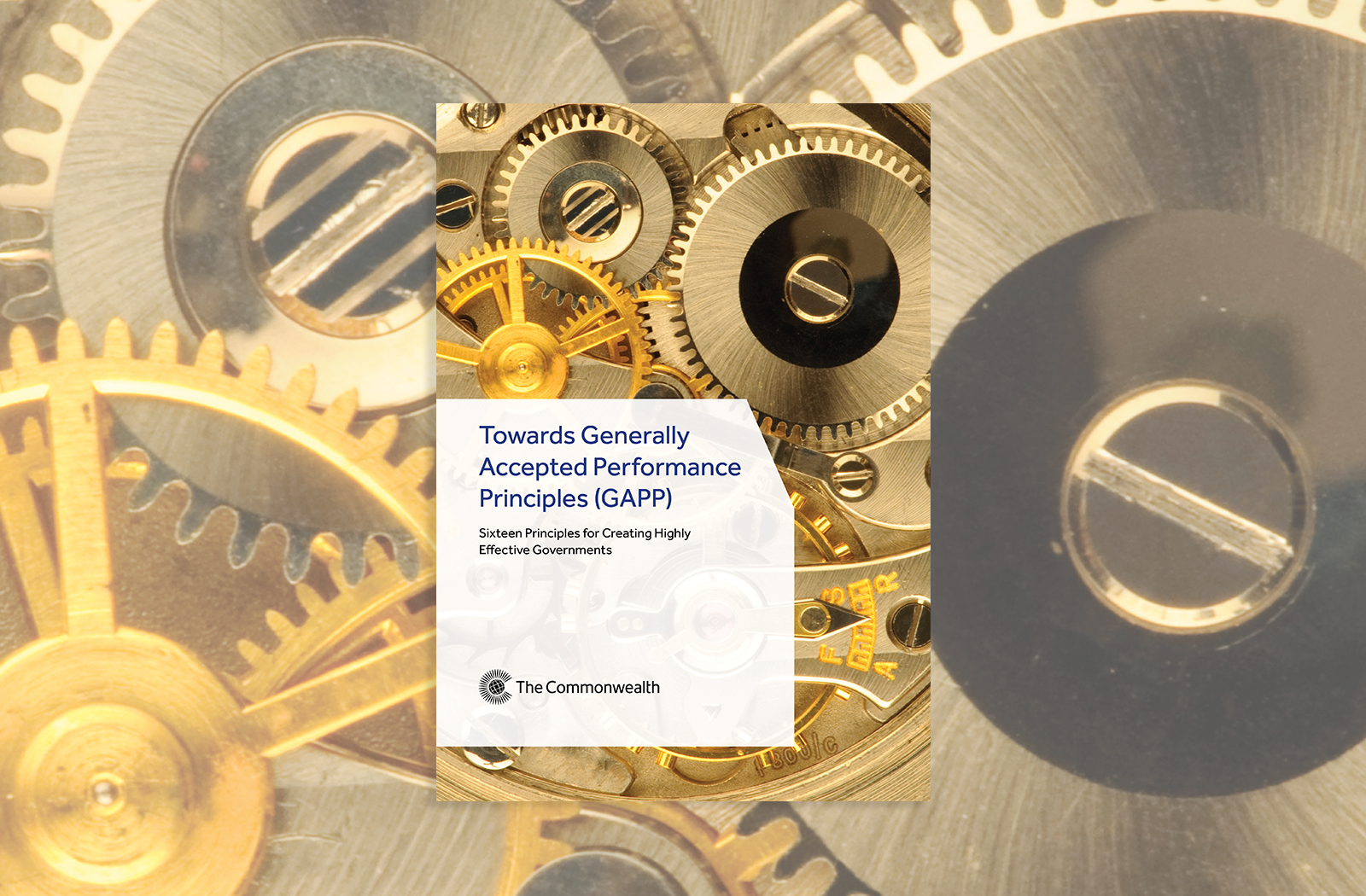The private sector, on the other hand, does not face this problem. If a private sector company presents its financial statement and claims that it has made US$350 million profit, we accept it on its face value – not because we trust them blindly, but because those financial statements are prepared using the Generally Accepted Accounting Principles (GAAP). These statements, in turn, are audited by an external auditor to ensure that the statements were indeed prepared using those principles. If they do not stand up to an audit, then there are consequences, such as a loss of confidence by investors, often expressed as a sharp drop in the price of publicly traded shares.

There is a framework for measuring a private sector organisation’s performance, and it is based on the Generally Accepted Accounting Principles (GAAP). Every private sector entity prepares its accounts using GAAP, and these accounts are audited by an external auditor, also using the GAAP framework. These audited accounts are the backbone of modern commerce. The profit or loss stated in the externally audited accounts is accepted by all market players. Unfortunately, there is no counterpart to GAAP in the government sector. That poses a fundamental challenge in the effective management of a government organisation. It is widely accepted that what gets measured gets done. Therefore, if the performance of a government organisation cannot be measured in an agreed upon manner, then it will be difficult to manage it.
This monograph summarises efforts over a period of time to develop the counterpart of GAAP. Based on the combined wisdom of hundreds of participants in regional Commonwealth training programmes on government performance management, critical insights from participants at the global Annual Public Performance Conferences of the National Center for Public Performance, and then reviews by a global panel of exceptionally knowledgeable public sector performance practitioners and academics, this monograph outlines a set of widely applicable principles as a starting point to begin the process of building consensus on GAPP. These principles were also drawn from research and publications by the National Center, now at Suffolk University, Boston,
and previously at Rutgers University, and the National Center’s affiliates.



